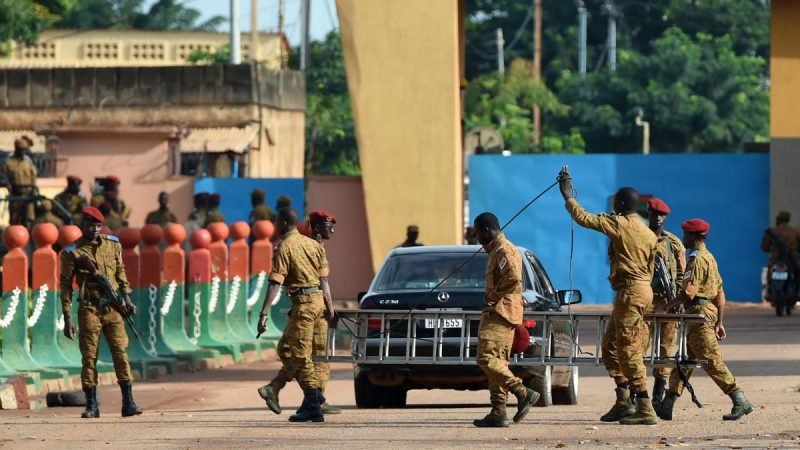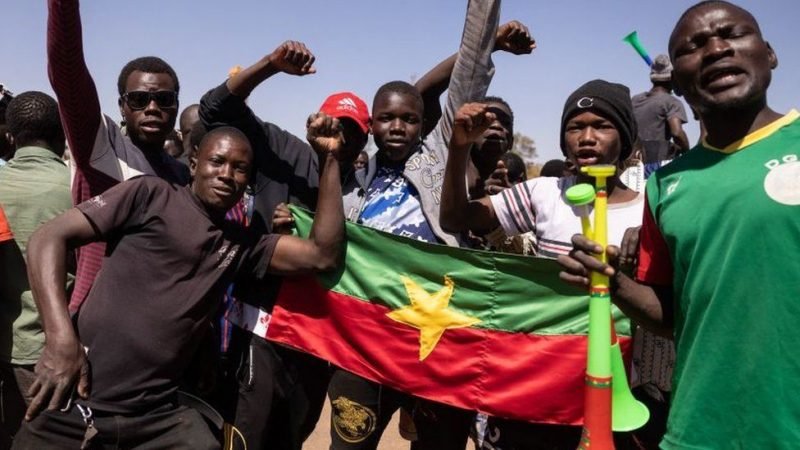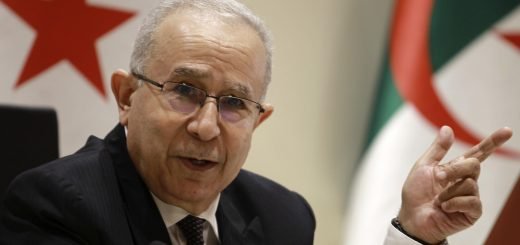The Coup in Burkina Faso

Burkina Faso
Burkina Faso is a landlocked country in West Africa. Burkina Faso became a French colony in the year 1896. It got its independence as Upper Volta in 1960; the name Burkina Faso was adopted in 1984. It shares borders with Mali, Niger, Benin, Ivory Coast, Togo and Ghana. The culture of Burkina Faso is diverse, where people belonging to different ethnicity and religion live together in peaceful coexistence. The indigenous culture of Burkina Faso is also known as Burkinabé culture. Burkina Faso is religiously diverse; with Islam being the dominant religion in the country, the Muslim population is up to 62 per cent, followed by Christianity which is followed by 22 per cent of its people. Another 15 per cent of the population adhere to the indigenous belief.
From independence to the present, Burkina Faso has been experiencing many coups. The recent one took place on January 24, 2022, when the military overthrew President Roch Kabore after widespread protests, followed by months. This is one of the series of coups that have been taking place in African countries, including Sudan, Niger, Guinea, and Mali.
Background of Coup
Despite security threats and instability in West Africa, Burkina Faso largely remained peaceful until the popular uprising in 2014, which led to former President Blaise Compaoré being ousted. The insurgency in Mali spread to Burkina Faso from 2015 onwards due to its weak security. The problem of militancy has emerged as a significant threat to the safety of Burkina Faso. The country is often subjected to attacks from the militants linked to Al Qaeda and also Islamic State. Since 2015 over 2000 people have been killed, and 1.4 million people have been displaced because of the militancy.
People’s political participation has also been under threat due to growing militancy. This can be evident because, in 2020, voters who fled from the north and eastern region of Burkina Faso due to aggressiveness could not exercise their right to vote in the elections that President Kaboré won. The President’s inability to act against the militancy and the deteriorating security conditions in Burkina Faso made its people lose faith in the President and his government. Burkina Faso was going through mass protests and demonstrations against the President, failing to live up to the people’s expectations.

Response of International Community
Following the coup in Burkina Faso, the United Nations condemned the military’s action. Even the African Union (AU) suspended Burkina Faso membership. The 15 members of the Economic Community of West African States (ECOWAS) also imposed sanctions and has suspended Burkina Faso. The UN, AU and ECOWAS advocate restoring the constitution and democratic government.
Recent Developments
West Africa has been witnessing insurgency, military rule, and political instability in recent times. Many countries, including Mali, Niger, Guinea, and Burkina Faso, have fallen under the military. On January 24, Lieutenant Colonel Paul-Henri Damiba became interim President by overthrowing President Roch Kabore, and Burkina Faso fell once again under military rule. The takeover in Burkina Faso was celebrated by the people hoping for a change. However, in Burkina Faso, the military has announced that it has restored the constitution but did not announce anything regarding the restoration of civilian rule.
Future Consequences
The international community should impose economic sanctions and pressure Burkina Faso’s military to restore civilian rule in the country. The instability which has been in Burkina Faso might spread to the neighbouring countries if the military government is not ended. People started supporting military rule in Burkina Faso because of the lack of trust in political authority. The people in Burkina Faso strive for stability, good governance, the rule of law and security. As we have witnessed in most cases, the majority of the military interventions lead to dictatorship or autocratic government. The situation will become worst in the time yet to come, and the problem of violence and security will further worsen.


















